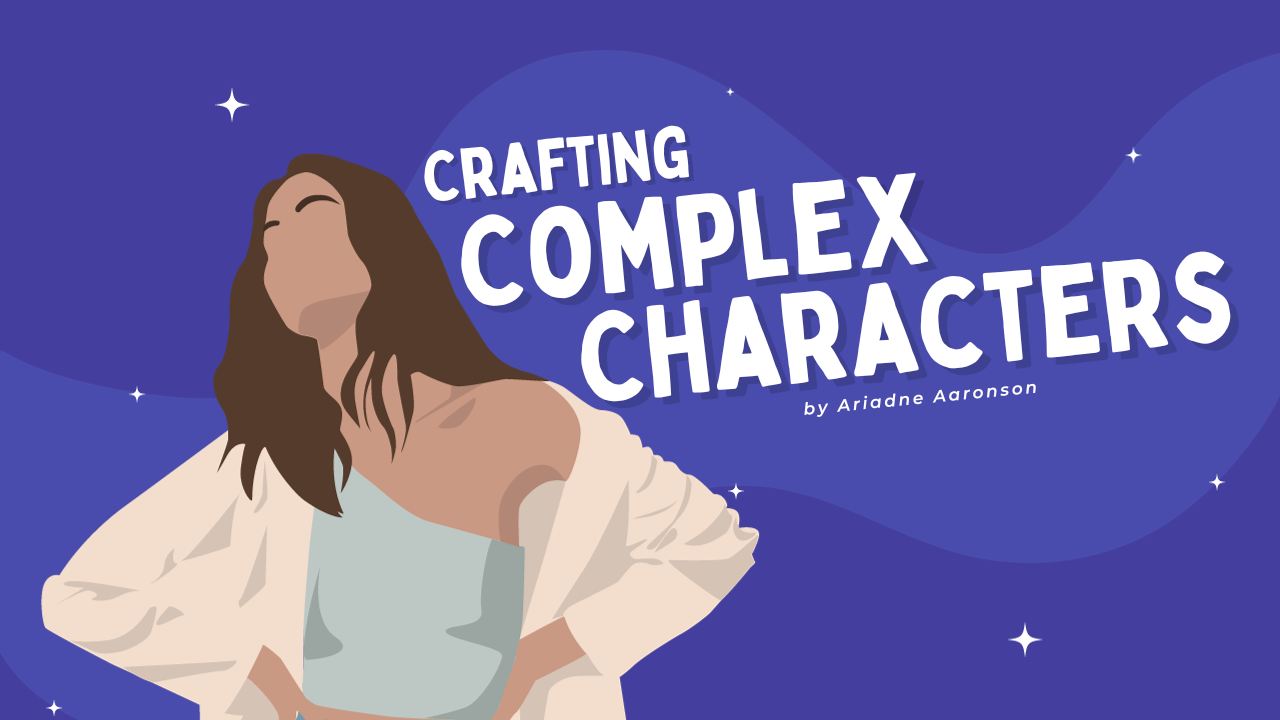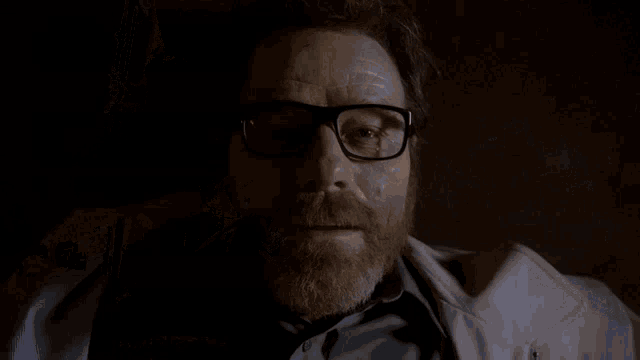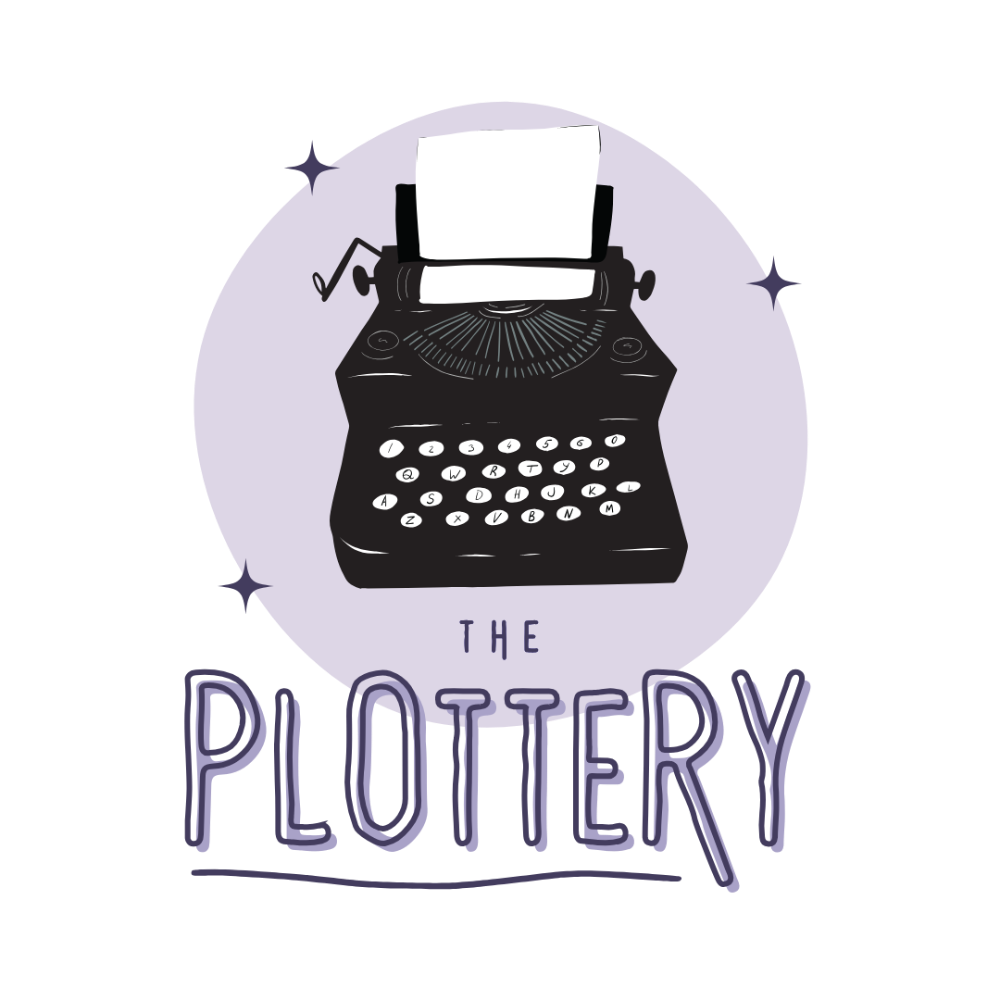
The most interesting characters to read about are usually the most conflicted and complex characters, the ones that mess up and have to figure out how to fix it, the ones who have to struggle to excel.
Unless you’re writing a vanity project for wish fulfilment that will never be published, don’t be a rookie and just tack a “flaw” onto your character that is otherwise perfect. Experienced readers don’t want to read about a character who is loved by everyone, good at everything she does, and reaches all her goals— but alas, she’s quirky. Or worse, she’s clumsy. Mary Sue is that girl.

What kind of flaws are we talking about here?
Character flaws can range from minor, major, to fatal. These categories are separated by how much they affect the character’s life. A minor flaw may be something trivial or annoying, like being lazy or making too many jokes. Major flaws will be more serious issues that interfere with the character’s happiness, and you’ll only utilize fatal flaws when writing tragedies. A fatal flaw is one that the character can’t overcome, and so it leads to their downfall and (usually) death.

Unless you’re writing a tragedy, your main character should have more redeeming qualities than flaws. After all, this is the person your audience should be rooting for, so they should have plenty of positive traits. A nuanced character with flaws that balance their strengths will feel more like a real person and therefore make it easier for the reader to relate to them and become invested in their journey.
What flaws are right for my character?
When choosing what flaws your character is going to have, you have to look at the character arc you have planned for them. Also look at their strengths. Often, our biggest flaws are related to our strengths. If one of your main character’s strengths is their independence, their weakness might be mistrust or paranoia.
Some major/fatal flaws include:
- Arrogance
- Stubbornness
- Recklessness
- Greed
- Jealousy
Need
What your character needs is opposed to their flaw. Their needs are not their goal. Their goal could be to save the city but they need to learn to live with others.
For maximum impact, you want your hero’s flaws to be opposed to their needs. That way, in order for your MC to get what they really want, they will have to overcome their flaws and therefore complete their character arc.
If they’re stubborn, they need to get more flexible. If they’re arrogant, they need to learn humility. They will have to fail and try again, over and over, until they succeed.
Internal Conflict and Complexity
How many times have you wanted to scream at your boss that you quit but you ended up just gritting your teeth through it? Real people don’t usually act out all the things they think or feel. Literature is a fun medium because we can take the readers into the character’s inner world more easily than scriptwriting. It would be a wasted opportunity not to explore the inner world of your character.
In order for the reader to be interested in how the character is on the inside, it needs to differ from how they portray themselves to others.
A workaholic who is struggling with the moral implications of his work is more complex than a workaholic solely powered by greed.
Once you start digging into the contradictions so many of us live with to stay upright and out of prison, you may find yourself inspired with more ideas for your character.
ALSO: How to Write Relatable Characters
Motive
A fleshed-out character needs to have a motive. What does your character want?
How does motive differ from need? Let’s say an arrogant young magician has set off on a dangerous quest. Their motive is to prove to their teacher that they are competent enough to end their apprenticeship. However, the apprentice needs to learn humility and how to accept help from others.
I will not be accepting power or money as motive because I think they’re placeholder answers. Power and money are the means not the end. Ask instead, “What would my character do with all that power and money?”
Agency
Last of all is agency. Simply, this means that the character’s actions push the plot. Avoid passive characters that only react to external events. Your main character’s actions and decisions must have consequences that go on to shape the plot. Your character should drive the story, not just observe it going past.

In summary
Perfect characters are boring. Don’t be afraid to dive into the flaws and needs that make us human. A complex character will provide plenty of external and internal conflict that will have your readers turning pages.
Ariadne Aaronson
Written for The Plottery
Ariadne Aaronson is a professional editor and lover of urban fantasy. After getting her degree in creative writing, she began working as an editor with independent publishers and mentoring novice writers. When she’s conveniently avoiding her work schedule, she might be playing with cats, baking, or painting.










